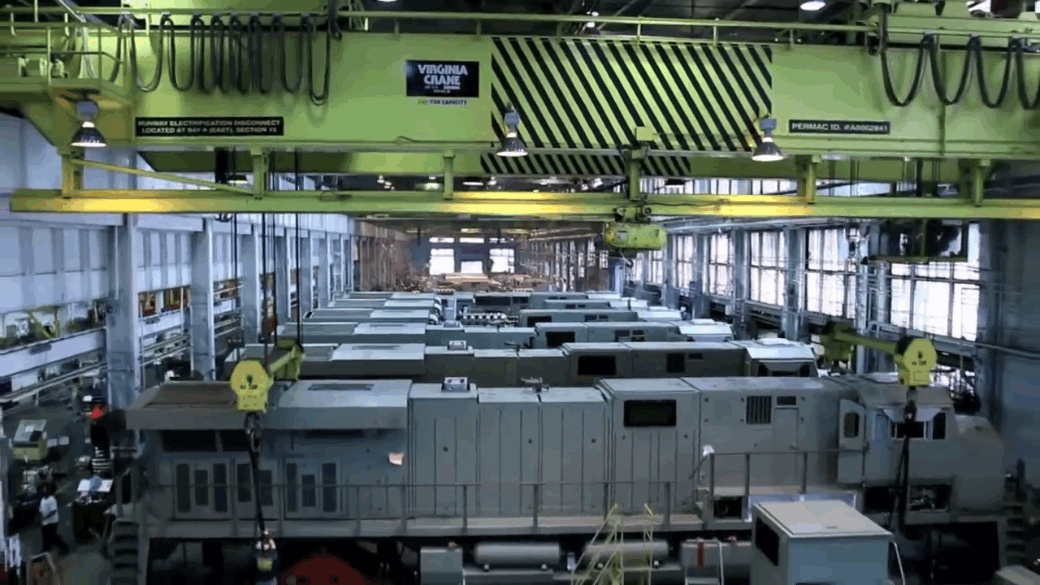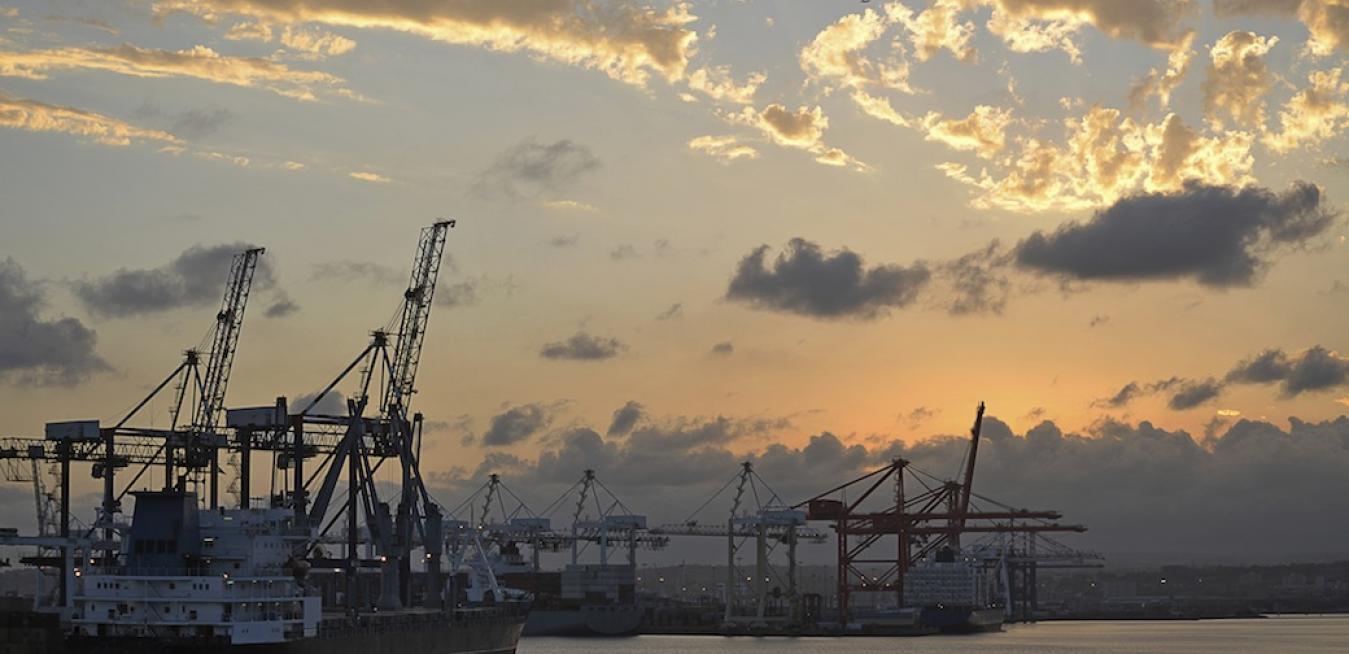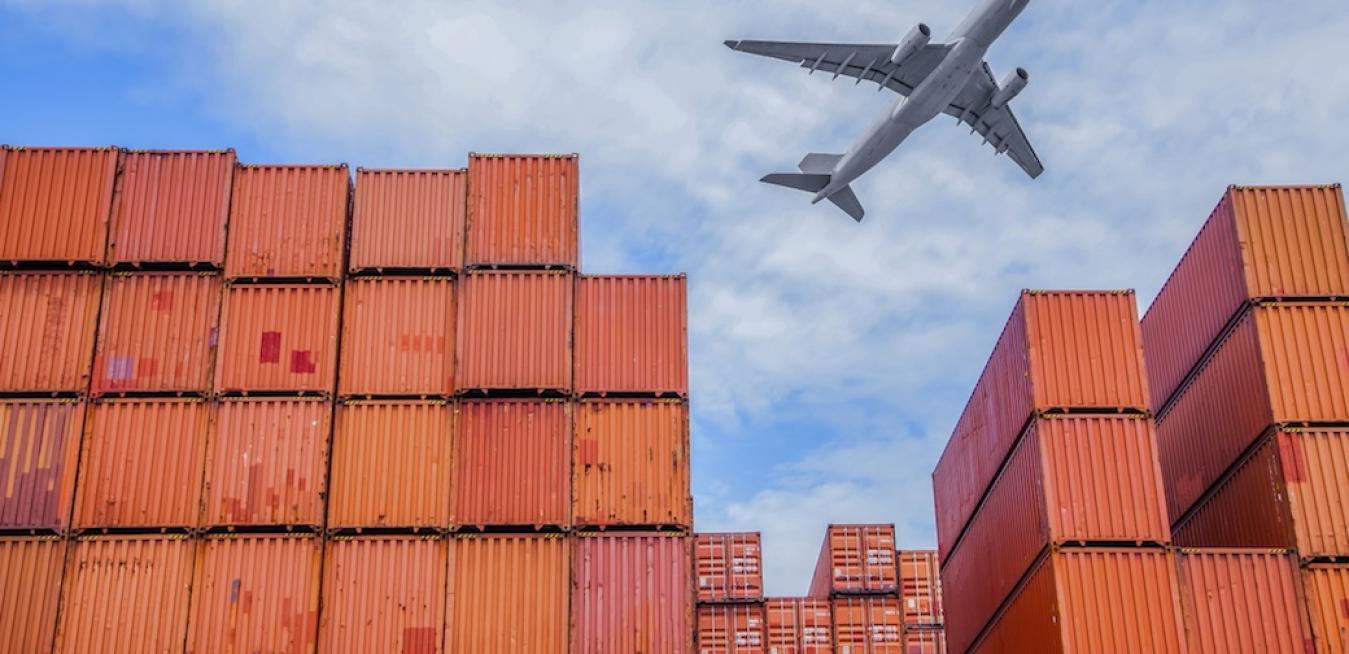GE has signed a new export deal with the UK government that could create as many as a thousand jobs in the country.
Trade expert Gary Hufbauer grades the global trade agenda “incomplete,” but bright prospects for the Trans-Pacific Partnership and progress at the WTO still bode well for trade liberalization.
Without the Ex-Im Bank, American businesses and employees will compete on a very uneven playing field.
The charter of the Export-Import Bank of the U.S. (Ex-Im) expired at the end of June, disabling it from making any new loans unless Congress takes action now that it has returned from its July 4th recess. I have heard some Ex-Im opponents cheer this charter lapse as an “historic victory.” But the only thing that will be “historic” is the enormity of the blunder in failing to renew Ex-Im’s charter.
Though some in Congress claim to be fighting “crony capitalism” by letting the Ex-Im Bank’s authorization expire, the only ones to benefit are U.S. competitors.
Beyond the several thousands of U.S. companies that benefit directly from Ex-Im financing, the Bank is critical to tens of thousands of smaller companies that supply goods and services to large exporters.
In a hearing of the House Financial Services Committee earlier this month on the future of the U.S. Export-Import Bank (Ex-Im), a number of conservative lawmakers made reference to “What is Seen and What is Unseen,” an essay by the 19th century French political economist Frederic Bastiat.
When it comes to safeguarding America’s trade secrets — and the jobs that depend on them — bolstering U.S. law is not enough. The Trans-Pacific Partnership can help to ensure more robust protection abroad as well.
Sophisticated techniques for stealing trade secrets from U.S. companies are being deployed by foreign perpetrators at an unprecedented rate, at a potential cost of billions of dollars.
The Ex-Im Bank is a necessary tool to involve American companies in emerging market growth and deepen economic ties.
With global competitors expanding export credit to support their own companies, why would the Unites States unilaterally disarm the Ex-Im Bank?
With Congress in the midst of considering legislation to reauthorize the U.S. Export-Import (Ex-Im) Bank — its current authorization expires and thus must be extended by June 30, 2015 — comes fresh evidence reiterating the vital need for the Bank in providing export credit finance support for America’s exporters.
Speech as delivered to The Economic Club, Washington, DC, on June 17, 2015.














